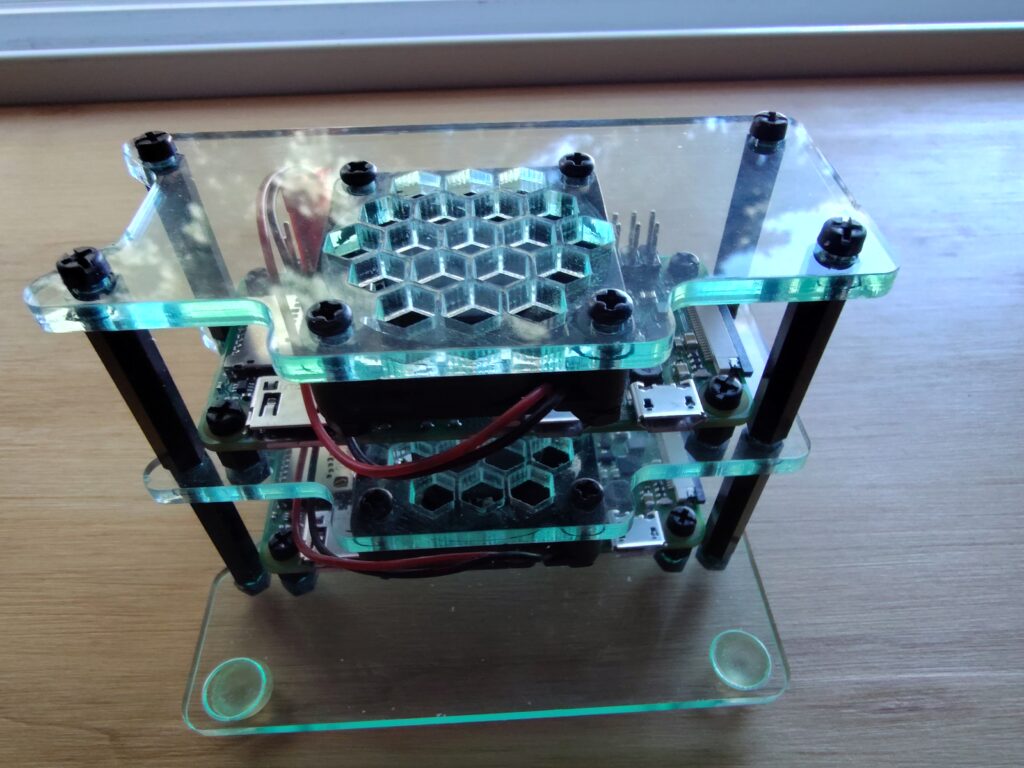
Today it’s pirate sites, but what will it be tomorrow? An easy way around this is to run your own DNS servers with Unbound that go out to the authoritative DNS server for that domain recursively. This gives you security in the larger DNS server providers injecting or blocking sites you might wish to visit, or being hacked by DNS injection to divert you to malware/phishing sites. An easy way to do this that also gives you ad, telemetry and malware blocking which you control is with Pi-Hole/Unbound servers you maintain and run on your home network with simple Raspberry Pis (my primary and backup Pi-Hole/Unbound servers are just Raspberry Pi Zero 2s). If you run GNU/Linux you can also set this up on your computer or an old laptop…
A lawsuit claims Google has not blocked football streams as required in Italy.
By Ryan Whitwam

Italy is using its Piracy Shield law to go after Google, with a court ordering the Internet giant to immediately begin poisoning its public DNS servers. This is just the latest phase of a campaign that has also targeted Italian ISPs and other international firms like Cloudflare. The goal is to prevent illegal football streams, but the effort has already caused collateral damage. Regardless, Italy’s communication regulator praises the ruling and hopes to continue sticking it to international tech firms.
The Court of Milan issued this ruling in response to a complaint that Google failed to block pirate websites after they were identified by the national communication regulator, known as AGCOM. The court found that the sites in question were involved in the illegal streaming of Serie A football matches, which has been a focus of anti-piracy crusaders in Italy for years. Since Google offers a public DNS service, it is subject to the site-blocking law.
Piracy Shield is often labeled as draconian by opponents because blocking content via DNS is messy. It blocks the entire domain, which has led to confusion when users rely on popular platforms to distribute pirated content. Just last year, Italian ISPs briefly blocked the entire Google Drive domain because someone, somewhere used it to share copyrighted material. This is often called DNS poisoning or spoofing in the context of online attacks, and the outcome is the same if it’s being done under legal authority: a DNS record is altered to prevent someone typing a domain name from being routed to the correct IP address.
Spotted by TorrentFreak, AGCOM Commissioner Massimiliano Capitanio took to LinkedIn to celebrate the ruling, as well as the existence of the Italian Piracy Shield. “The Judge confirmed the value of AGCOM’s investigations, once again giving legitimacy to a system for the protection of copyright that is unique in the world,” said Capitanio.
Capitanio went on to complain that Google has routinely ignored AGCOM’s listing of pirate sites, which are supposed to be blocked in 30 minutes or less under the law. He noted the violation was so clear-cut that the order was issued without giving Google a chance to respond, known as inaudita altera parte in Italian courts.
This decision follows a similar case against Internet backbone firm Cloudflare. In January, the Court of Milan found that Cloudflare’s CDN, DNS server, and WARP VPN were facilitating piracy. The court threatened Cloudflare with fines of up to 10,000 euros per day if it did not begin blocking the sites.
Google could face similar sanctions, but AGCOM has had difficulty getting international tech behemoths to acknowledge their legal obligations in the country. We’ve reached out to Google for comment and will update this report if we hear back.